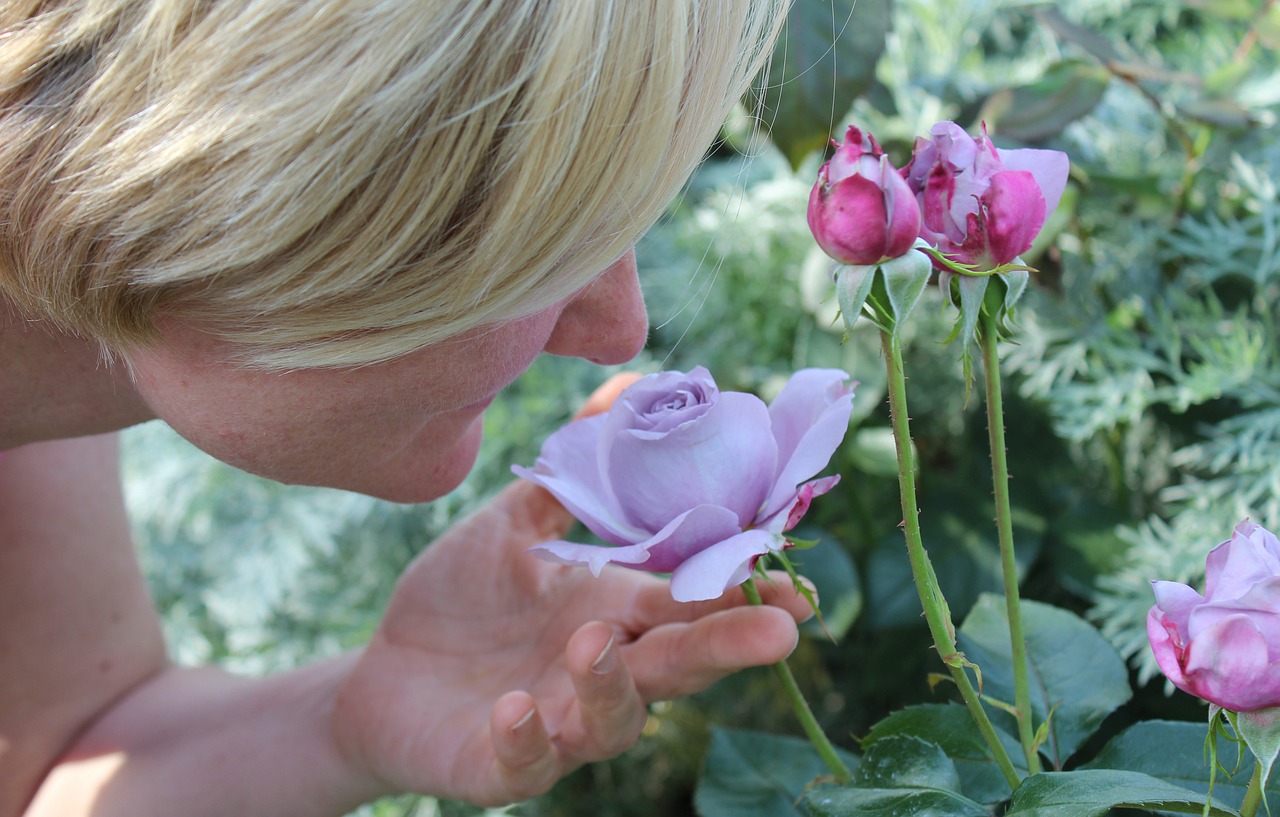In humans, the sense of smell is meagre compared to other animals. However, it is extremely sharp compared to other mammals. Humans are capable of recognizing different smells and odours acutely. Humans can smell more than ten thousands of smells.
In humans, the sense of smell is through the nasal passages which are made up of large number of cells called as olfactory receptors. The olfactory receptors are made up of different types of cells. There are more than five million receptors in human nasal passages. In other animals like dogs or rabbits, the cells are more in number.
Carnival Nerves Responsible for Sense of Smell
Carnivals nerves are responsible for the sense of smell in humans. The nerves transfer the impulses between human brain and eyes, nose, ears and tongue etc. Carnivals nerves aid the humans to smell, to see, to hear and to taste. The carnivals nerves are regenerative in nature. For every one or two months, the carnival cells are regenerated. Neurons communicate between the brain and other parts of the body in the form of electro-chemical impulses. Receptor neurons sense the smell and odour, the measurable unit is electro-olfactogram. The olfactory system connects directly to the anterior part of the brain.
Olfactory System and Somatosensory System
Olfactory senses enables humans to differentiate scents. Humans can sense olfactory modality with their olfactory senses. Humans are capable of mediating sensations of pressure, temperature etc. Humans can feel the tickling of warmth or cold with the help of somatosenses.
Smell – Ancient Sense
The sense of smell is the ancient sense. Not only humans, unicellular organisms can also detect any sort of smell in their habitat. Researches have shown that in human beings, women have more sense of smell compared to men. This is because in women, the orbital anterior section of the brain is more advanced.
Humans Lose Their Sense of Smell Due to Aging
With growing age, humans lose their sense of smell. New born kids or infants are very sensitive to smell. A new born kid recognizes his or her mother using his ability to smell. The sensing ability increases up to age of seven or eight in children. The ability to smell decreases in aged people. Apart from this certain habits like smoking reduces the sensing ability to smell in humans.
Interaction with Other Sense Organs
Olfactory receptors and taste receptors interact together to sense flavour. Olfaction also contributes to hearing also.

